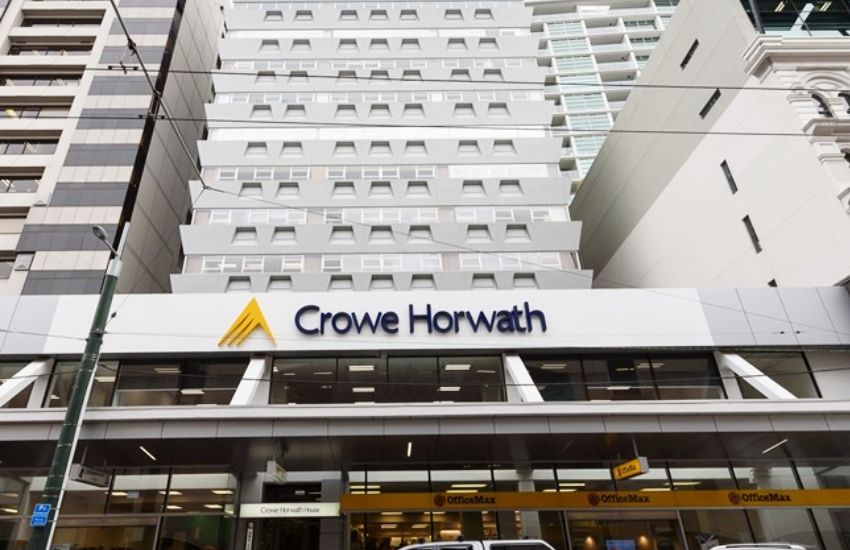The government’s proposal to extend the taxable payments reporting system (TPRS) to the courier and cleaning services industry has yet to be passed by Parliament despite it having a start date of 1 July 2018.
The ATO has updated its administrative treatment, noting that payments to contractors in the courier and cleaning industries have to be recorded despite the retrospective start date.
You’re out of free articles for this month
“Taxpayers would be expected to have kept sufficient business records to enable a TPAR to be prepared and lodged as soon as is reasonably practicable after the law is enacted,” the ATO said.
“After the new law is enacted, taxpayers will need to review their payments made to contractors from 1 July 2018 and complete and lodge a taxable payments annual report for the 2018–19 income year.”
Speaking to Accountants Daily, Crowe Horwath senior partner Trevor Pascall said that it was unfortunate that the law has not been enacted by the proposed start date, but it should not come as a surprise to the industry, considering that it was first proposed in the 2017-18 federal budget.
“For those who will be affected by the proposed reporting requirements, if they have put processes in place to capture the necessary data on and from 1 July 2018 then, presuming the reporting requirements are passed, they will be in a much better position to readily comply with the reporting requirements than those entities that have not,” said Mr Pascall.
“For those that are waiting for it to become law before doing anything, which they are quite entitled to do under the law, they will need to trawl through their records to identify relevant payments to contractors in order to compile a summary of all payments made after 1 July 2018 and the required details for each payment – the longer the time period before the legislation is passed and the greater the number of contractor payments, the more time it will take in meeting compliance obligations.”
Correspondingly, Mr Pascall believes accountants should move to ensure their clients affected by the proposed extension have begun keeping records of payments made from 1 July 2018.
“Accountants and advisers should be working with their affected clients now to ensure systems and processes are in place sooner rather than later to capture the necessary data, so as to avoid what could be a potentially complicated and expensive catch-up later,” he said.
This email address is being protected from spambots. You need JavaScript enabled to view it.
Jotham Lian
AUTHOR
Jotham Lian is the editor of Accountants Daily, the leading source of breaking news, analysis and insight for Australian accounting professionals.
Before joining the team in 2017, Jotham wrote for a range of national mastheads including the Sydney Morning Herald, and Channel NewsAsia.
You can email Jotham at: This email address is being protected from spambots. You need JavaScript enabled to view it.

 Login
Login







